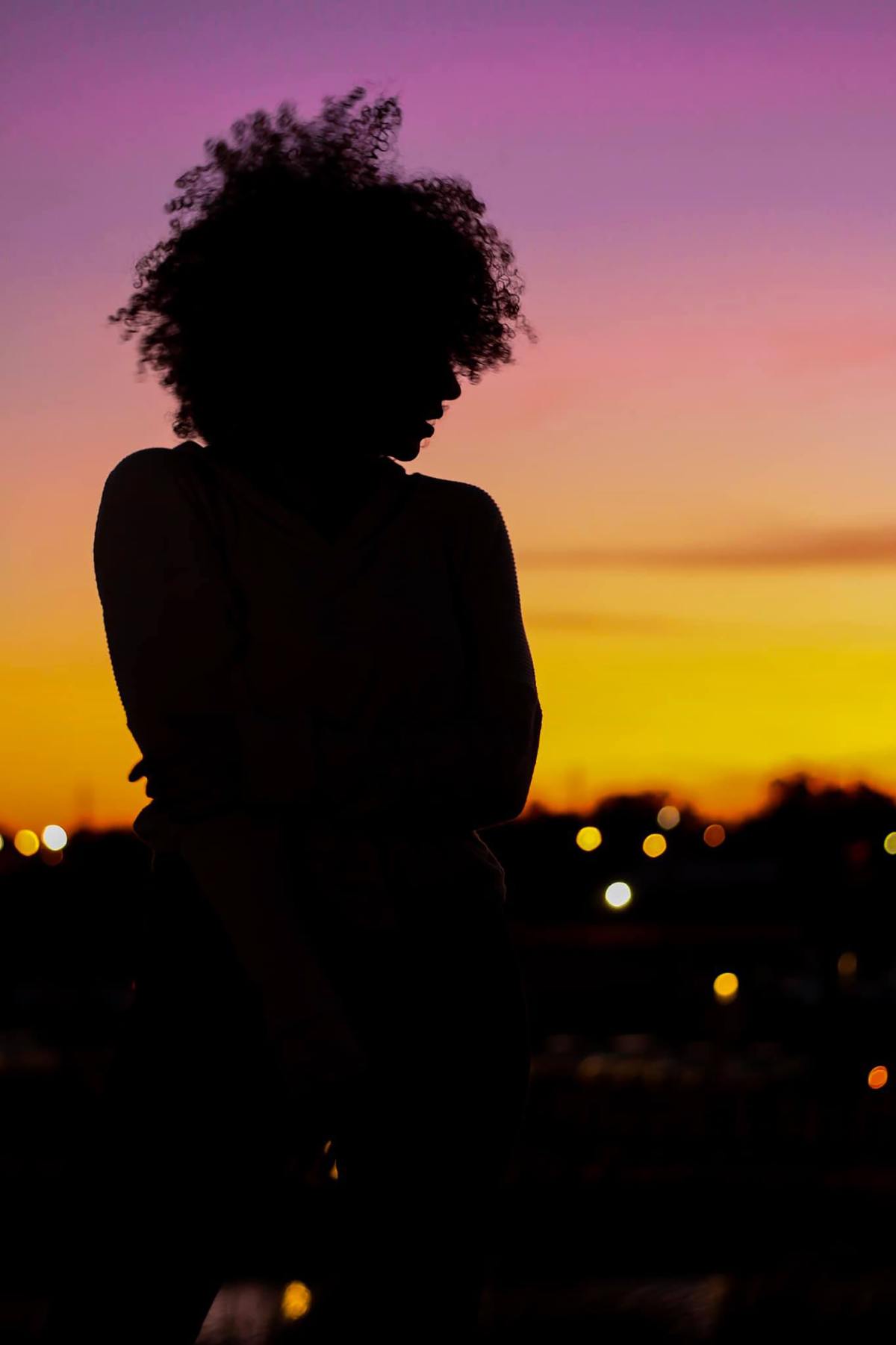The first time that my mother took me to a friend’s beauty salon, I was merely there to get rollers on my hair and get it ironed, but eventually my friend’s mother persuaded her into getting me a treatment to permanently straighten my curls. “Just the root” she told my mother as she pointed at my kinky hair. That moment marked a long process in which I started to reject my hair entirely. Throughout the years, that “just a little on the root” became long hours at hair salons in order to fit in a society where curly hair was considered “bad hair”. I did about everything on my hair, from uncurling treatments to keratin, until finally my hair gave in and succumbed to these treatments.
I was done trying.
I got tired of maintaining my mistreated hair that no longer possessed curls just because it was considered “bad” or “unprofessional”. I took a dive into the unknown and I got a big chop. Essentially, a big chop is an almost immediate transition from a neglected hair state into having back your curls.
As a black woman with 3C type hair, this moment changed my life. Approximately two years passed, and my curly hair was healthier than ever and to this day (almost a decade after my big chop) there is nothing that I’ll allow that will damage my curls.
Puerto Rican culture has developed endless microaggressions towards folk who have curly hair. We have heard and received comments about our hair, or better yet, another subtle way of racism that on many occasions comes from someone who says that is not racist. These steeped expressions may vary from “is that your natural hair?” and proceed to touch it, to even saying that it’s unprofessional.
Because of the experiences that I’ve had towards my hair, I took the time to question how hair plays a role in racism and how these things relate to each other. The problem of this relationship is that our society has tried to maintain certain beauty standards by creating a collective perspective that is presented in the media, including social media. This social norm is internalized and makes us believe that we need to have our hair uncurled or in a particular way in order to fit in.
The objective is to imitate European beauty standards by mistreating and changing the essence of the hair, resulting in a total rejection of textured hair to conform with Eurocentric beauty standards. In the same way, having a specific curl pattern can also lead to stereotypes and different types of discrimination that don’t always include afros. The effects of these impositions may lead to a poor representation of black and curly hair folks in the media, discrimination in the work field and a low self-esteem.
The invisibility of curly hair in the media happens very often. My experiences around people touching my hair are directly caused by this lack of representation. From complimenting your hair or to even saying a subtle insult, people feel like they have the right to invade your space and even exoticize you. It is extremely relevant to have in mind that all these approaches can be dehumanizing to other people.
In this way, I have also dealt with these discriminatory experiences in the workplace just because of my curly hair. Situations where on several occasions your bosses, supervisors or future employers ask you to change your hair. Most of the time this has to do with the company’s image. However, that doesn’t take away that it’s still discriminatory. Also, existing in a society that aspires to European standards can lead to a low self-esteem towards people that don’t fully satisfy these standards.
I admit that accepting my hair without any treatments and chemicals has been very challenging because I’ve had to unlearn a lot of social perspectives that I saw while growing up. I had to learn how to love my hair just the way it is and investigate on how to revive my curls. So, how do we learn to unlearn? How do we completely accept our natural hair? There is no simple answer for these questions. Everyone must do it in the way that they see fit, but where we can start is understanding and recognizing the extensions that racism has on our lives and the lives of others.
It’s a personal job that revolves around asking many questions to begin searching for the possible solutions. We should then start out by informing ourselves about the diverse beauty standards that exist because it’s hard to feel good about yourself when we long for beauty standards that are not really shown in the media.
For this reason, it’s important that these conversations take place on a daily basis, so that little by little we can dismantle this social perception that encompasses curly hair. As many people receive repercussions for just having curls, the act of just embracing their textured hair is a political and revolutionary stance against a Eurocentric society.
Below is a list of beauty salons and Instagram pages dedicated to the empowerment of curly hair in Puerto Rico:
- Luz Odette Garay, the owner of Afro Latin Style
- Zeretas Salon Spa
- Filament Hair Salon
- Rizos Divinos Beauty
- Joselyn Seijo, a hair stylist that specializes in curly hair in Edit Hair Studio
- Noeli Marie, an influencer and stylist that specializes in curly hair in My Curly Room
- Rosa Sosa, a stylist that specializes in curly hair in Amado Amado Salon
- Rudilenia Martinez
- Diosas al Natural
- Rizos al Poder
- Afros in San Juan
- Colectivo Ilé

